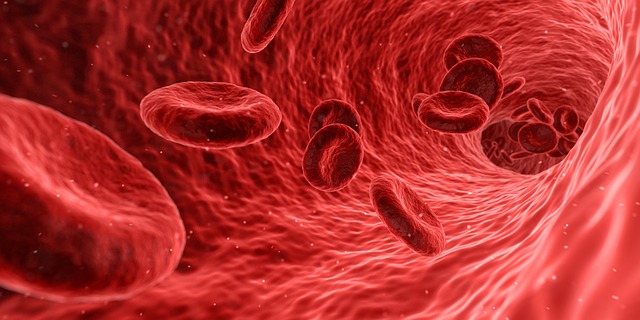Gene therapy shows promise against blood-clotting disease
By Marilynn Marchione,
Associated Press
| 12. 07. 2017
Gene therapy has freed 10 men from nearly all symptoms of hemophilia for a year so far, in a study that fuels hopes that a one-time treatment can give long-lasting help and perhaps even cure the blood disease.
Hemophilia almost always strikes males and is caused by lack of a gene that makes a protein needed for blood to clot. Small cuts or bruises can be life-threatening, and many people need treatments once or more a week to prevent serious bleeding.
The therapy supplies the missing gene, using a virus that’s been modified so it won’t cause illness but ferries the DNA instructions to liver cells, which use them to make the clotting factor. The treatment is given through an IV.
In a study published Wednesday by the New England Journal of Medicine, all 10 men given the therapy now make clotting factor in the normal range. Bleeding episodes were reduced from about one a month before gene therapy to less than one a year. Nine of the 10 no longer need clotting factor treatments, and the 10th needs far...
Related Articles
By Mike McIntire, The New York Times | 01.24.2026
Genetic researchers were seeking children for an ambitious, federally funded project to track brain development — a study that they told families could yield invaluable discoveries about DNA’s impact on behavior and disease.
They also promised that the children’s sensitive...
By Arthur Lazarus, MedPage Today | 01.23.2026
A growing body of contemporary research and reporting exposes how old ideas can find new life when repurposed within modern systems of medicine, technology, and public policy. Over the last decade, several trends have converged:
- The rise of polygenic scoring...
By Danny Finley, Bill of Health | 01.08.2026
The United States Food and Drug Administration (FDA) has a unique funding structure among federal scientific and health agencies. The industries it regulates fund nearly half of its budget. The agency charges companies a user fee for each application
...
By George Janes, BioNews | 01.12.2026
A heart attack patient has become the first person to be treated in a clinical trial of an experimental gene therapy, which aims to strengthen blood vessels after coronary bypass surgery.
Coronary artery bypass surgery is performed to treat...




